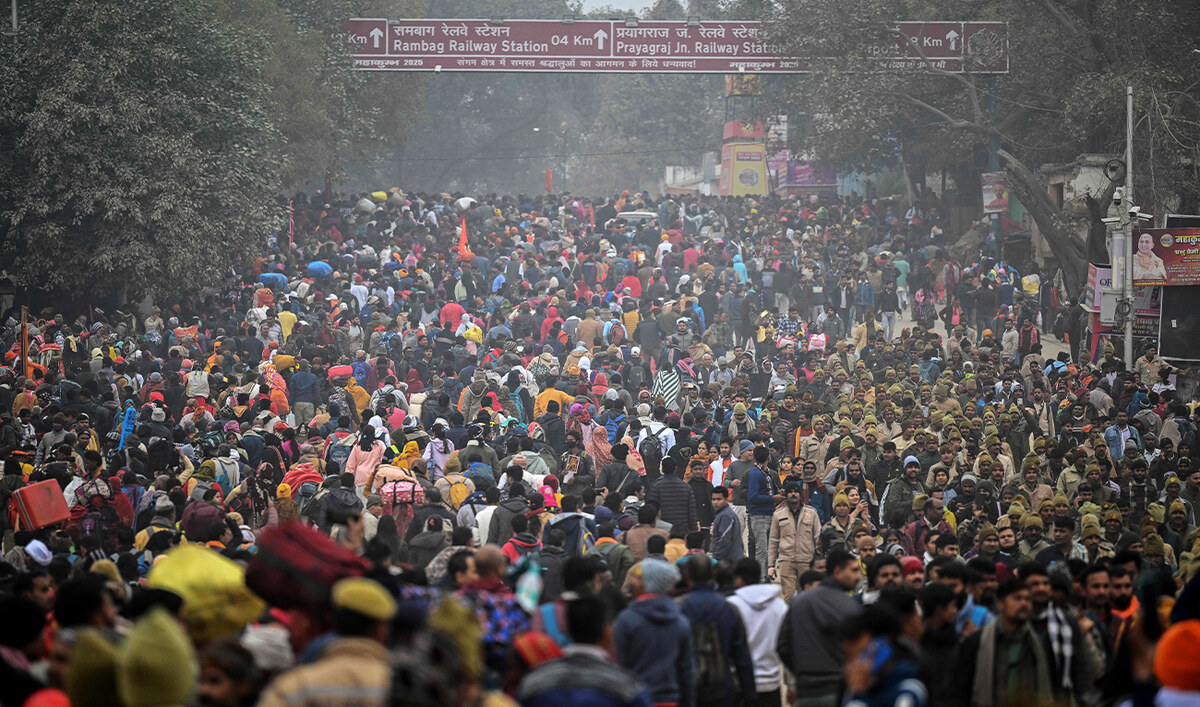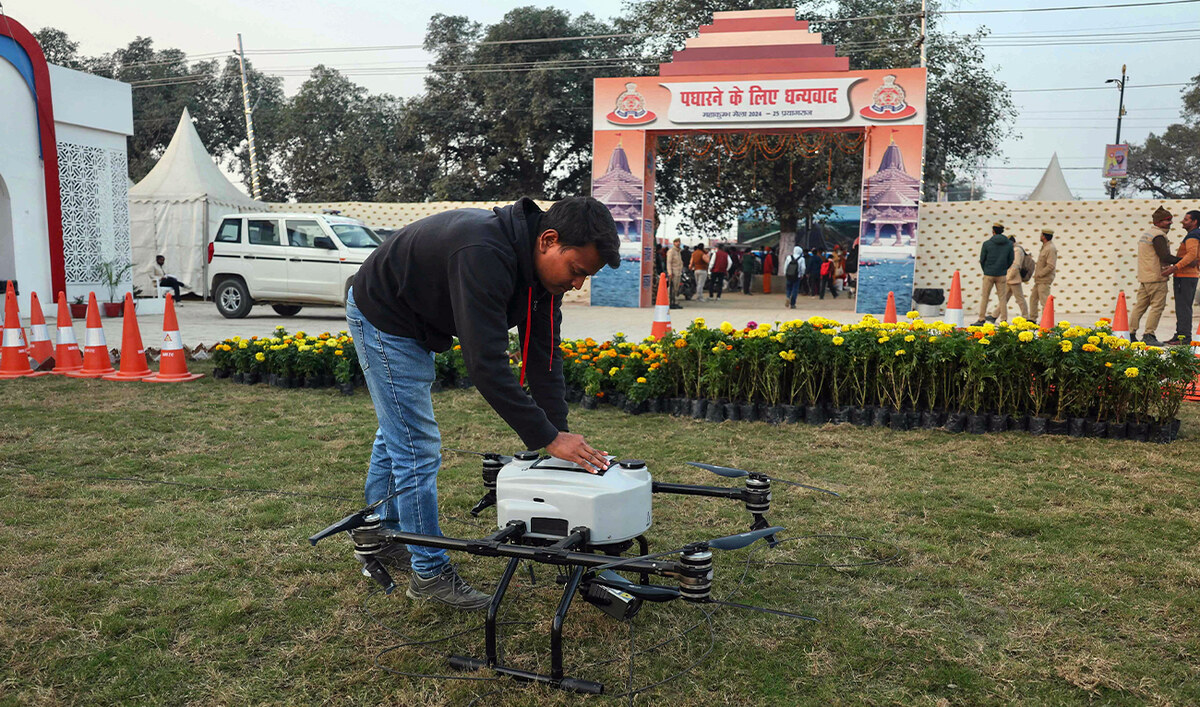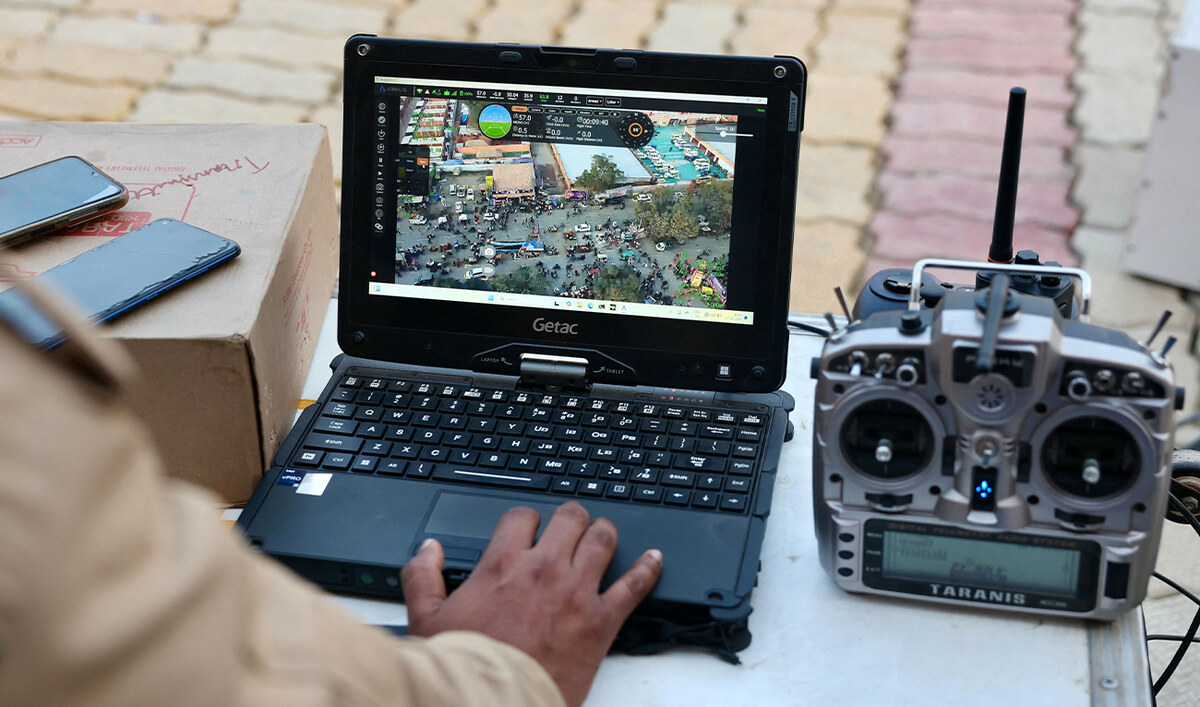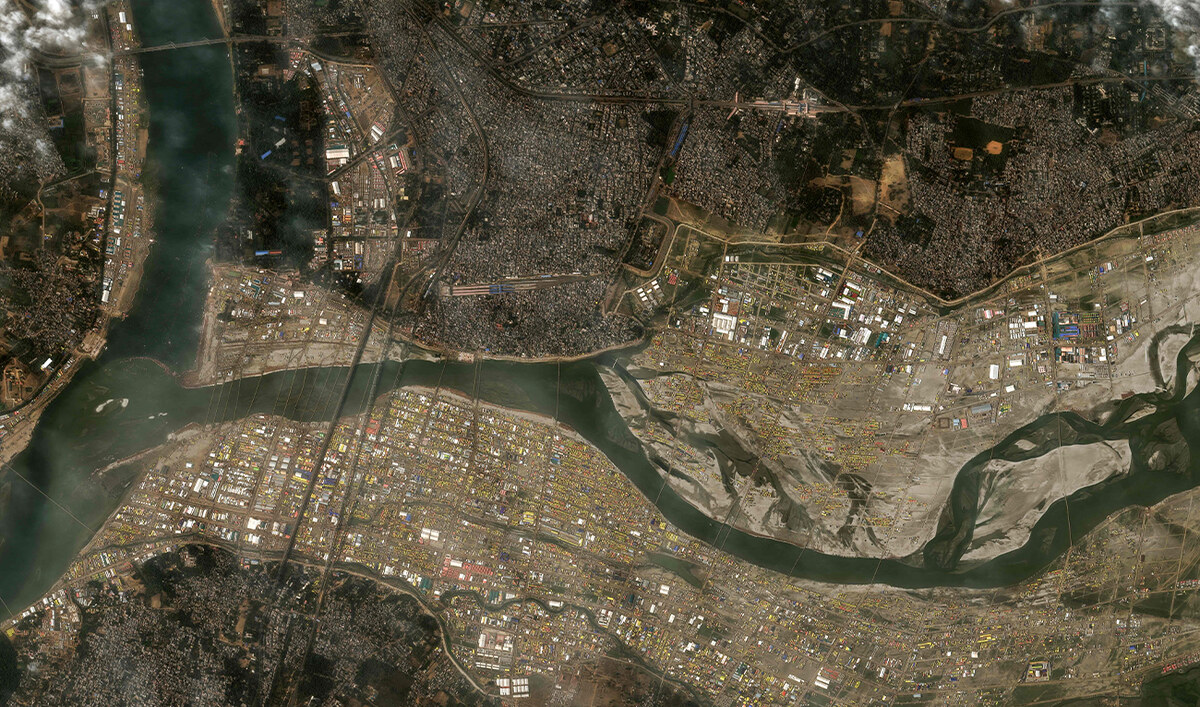NEW YORK: Decades of debate on reforming the UN Security Council reached what some are calling a turning point this week with the adoption of a “groundbreaking” pact that commits member states to implementing long-demanded changes.
For Tareq AlBanai, Kuwait’s permanent representative to the UN, the pact was the culmination of two years of work built on the belief that no single member state should be able to obstruct action on a matter of global urgency.
Since 2022, AlBanai and Austria’s ambassador to the UN have spearheaded the inter-governmental negotiations to reform the Security Council, whose five permanent members have retained their veto power since the UN’s formation in 1945.

Tareq AlBanai, Kuwait’s permanent representative to the UN. (KUNA photo)
AlBanai described his time co-chairing the inter-governmental negotiations on Security Council reforms as a “labor of love.”
“The Security Council is the only body charged with the maintenance of international peace and security,” he told Arab News. “It is the cornerstone of the multilateral system and the UN when it comes to peace and security. The everyday man around the world — when he thinks of the UN, he thinks of the Security Council.
“And when we see the Security Council unable to act on the most pressing situations around the world that threaten international peace and security, you lose faith in this institution.
“And that is not a good thing. It is the only, truly, universal, multilateral system that we have.”
The mounting calls to reform the council are decades in the making.
Countries such as India, Brazil, Germany and Japan have renewed their appeal for permanent seats to better reflect the geopolitical realities of the 21st century. Meanwhile, the Permanent 5 members (US, UK, France, Russia and China) have urged caution, highlighting the need for “consensus and stability.”
UN SecurityCouncil Members
Permanent members
• China
• France
• Russia
• United Kingdom
• United States
Non-permanent members elected every 2 years
(Until 2024)
• Ecuador
• Japan
• Malta
• Mozambique
• Switzerland
(Until 2025)
• Algeria
• Guyana
• South Korea
• Slovenia
• Sierra Leone
* Elected for two-year terms by the General Assembly
(Source: UN.Org)
The intergovernmental negotiations led by Kuwait and Austria have included discussions on regional representation, the criteria for new permanent members and the balance of power within the Security Council.
“A reformed Security Council, in my opinion, needs to be a place where we can secure collective action through the collective understanding of the members,” AlBanai said.
“No member state should have the ability to stop the majority of the world from taking decisive action on any matter at hand.
“And if they decide to use a prerogative, then there must be ways that we can, as an international community, through the General Assembly or through any other mechanisms we agree on in the future, find an alternative path.
“The path to peace cannot be (stymied) by one, two or even three member states when the majority of the world believes that the way forward is in a specific manner.”
Opinion
This section contains relevant reference points, placed in (Opinion field)
The Pact for the Future — adopted this week at the 79th session of UN General Assembly after nine months of negotiations — offers a consensus vision for cooperation among countries in tackling challenges ranging from climate and artificial intelligence to escalating conflicts and increasing inequality and poverty.
But, more importantly for those eying Security Council reform, the pact also commits world leaders to reform the 15-member organ to better reflect today’s world, “redress the historical injustice against Africa,” which has no permanent seat, and correct the underrepresentation of the Asia-Pacific region and Latin America.
Austria and Kuwait led the negotiations on council reform with vigor, holding a series of televised debates on the topic. Alongside discussions on the main pact, UN members hosted isolated Security Council reform talks, recognizing that the topic could complicate agreements on other issues included in the document.
Guy Ryder, the UN’s under secretary-general for policy, called the language in the pact “groundbreaking,” highlighting the commitment to develop a consolidated model of Security Council reform.
“Now, this might sound rather esoteric, and this would be one of the most difficult things to explain to the person in the street, but for those engaged in this type of process since the 1960s, and the co-facilitators of negotiations, Austria and Kuwait, this is groundbreaking language,” Ryder told Arab News.

Guy Ryder, the UN’s under secretary-general for policy. (un.org photo)
AlBanai agreed, highlighting the avenue to substantial reform that the pact has opened.
“Is it groundbreaking? Well, it’s the first time since 1963 that we have a commitment at the head of state and government level to further enhance the Security Council,” he said, calling for a council that is representative, transparent, effective, inclusive, democratic and accountable.
This is essential for the operation of a functioning multilateral system, according to Al-Banai.
“If we can manage through this process to enhance not only the capacity of the Security Council, but the actual shape, form and actions of the council by increasing its membership, by making it more representative of the world we live in today in 2024, and not the world of 1945, then we have achieved something,” he said.
With only the first step on a long journey ahead having been taken, AlBanai is acutely aware that reform has been a painstakingly slow process.
In the months after the UN was founded in 1945, some member states had already recognized the need for a more flexible Security Council. It was only in the late 1970s that some brought the issue of council reform to the attention of the General Assembly.
Yet substantial progress has remained elusive. One of the most significant barriers to reform has been the frequent turnover of diplomats and experts at the UN, which can stifle continuity in discussions.
To address this, AlBanai and his co-chair, Austrian Ambassador Alexander Marschik, prioritized transparency in negotiations.

Austrian Ambassador to the United Nations Alexander Marschik. (AFP/File)
Through initiatives like webcasting meetings and creating a comprehensive repository of documents, they aimed to make the reform process accessible to a broader audience, including NGOs and academic institutions. That decision has opened the doors for new stakeholders to engage with the reform process, fostering a more inclusive atmosphere for discussion.
One of the most controversial results of the Security Council’s existing format has been the increasingly liberal use of veto power by some permanent members.
In recent years, lone members of the P5 have paralyzed and undermined the credibility of the council, in a pattern that risks damaging the reputation of the entire organization, according to representatives from a wide spectrum of countries.
AlBanai highlighted the troubling reality of a single veto-wielding permanent member being able to obstruct action, even when the majority of the council supports a motion.
This gridlock has been most evident in discussions surrounding the war in Gaza, with repeated vetoes preventing meaningful action on a ceasefire and urgent humanitarian issues.
“(The veto’s) use or misuse have been a central focus of member states because, unfortunately, one member, or a combination of members, with that ability can stop the movement of the wider international community toward addressing an issue as important as the genocide currently happening in Gaza or any other matter that is under consideration in the Security Council,” AlBanai said.

In this photo taken on December 8, 2023, Ambassador Robert A. Wood, US alternate representative for special political affairs in the United Nations, raises his hand to veto a resolution calling for an immediate ceasefire between Israel and Hamas in Gaza. (AFP)
While many member states advocate for the abolition of the veto, such a change is complex, requiring the agreement of the existing veto holders, he added.
“It’s unrealistic to expect that the current P5 will agree to eliminate their own power.”
To sidestep this quandary, discussions have shifted toward giving new permanent members — should they be added — veto power, but the proposal has proved contentious among member states.
Those in opposition argue for the need to reduce veto use entirely, with calls to ban use of the veto power in cases of genocide, crimes against humanity and war crimes.
There remains broad support, however, for expanding council membership, in both permanent and non-permanent categories, and for unrepresented or underrepresented regions and continents, such as Africa and Asia, to have a “meaningful seat” at the table.

One notable development in the reform discussions came in the form of a recent US proposal to add two permanent seats for Africa in the council, though without veto power.
“What I like about the American proposal is that it invites conversation,” said AlBanai, highlighting the importance of moving from abstract discussion to concrete action.
As part of their efforts, Kuwait and Austria introduced “model discussions,” which invited member states and country blocs to present their models of a reformed Security Council.
“That allows the opportunity to move from a conceptual kind of conversation into an actual, almost 3D conversation, where member states sit at the podium with the co-chairs and present, and then all other member states are given the opportunity to actually ask questions and to, if you will, poke holes in this model,” said AlBanai.
He welcomed the US proposal as a positive step and encouraged other member states to do the same: “The Americans have moved from one African member to now two African members. Maybe they’ll move to two permanent African members with a veto in the future. Who knows? But we have to have that conversation, and we have to inject new blood into it.”
READ MORE:
• UN Security Council must reform to ‘reflect realities of modern world’: Kuwait crown prince
• UN Security Council falls short of meeting aspirations, says Arab League chief
• Saudi FM calls for UN reform
• Bahrain supports UN reform that ‘reflects current geopolitical realities’: Crown prince
• Reform of UN can ‘give Africa a voice,’ Mauritanian president says
• Algerian FM calls for UN reform to meet ‘dangers lurking all over the world’
The discussions on UNSC reform have also included a focus on regional representation.
One longstanding proposal that has been almost universally accepted is adding a permanent seat for the Arab world, which has long been advocated by the Arab League.
Cross Regional Groups have also introduced the idea of permanent seats for themselves, such as Small Island Developing States, known as SIDS, as well as the Organization of Islamic Cooperation.
“We have to consider these ideas,” said AlBanai.
“I don’t know what the criteria is. Is it the number of agenda items that are discussed in the Security Council? Is it your population? Is it the fact that you have the biggest army? The biggest economy? Could it be the number of international treaties that you’ve signed? Your compliance with international law? There are so many criteria out there, and the discussions should help us narrow in on who is deserving of this seat and how that could be in the future.
“But, surely, the most important thing is that we have a Security Council that reflects the realities of today.”



































